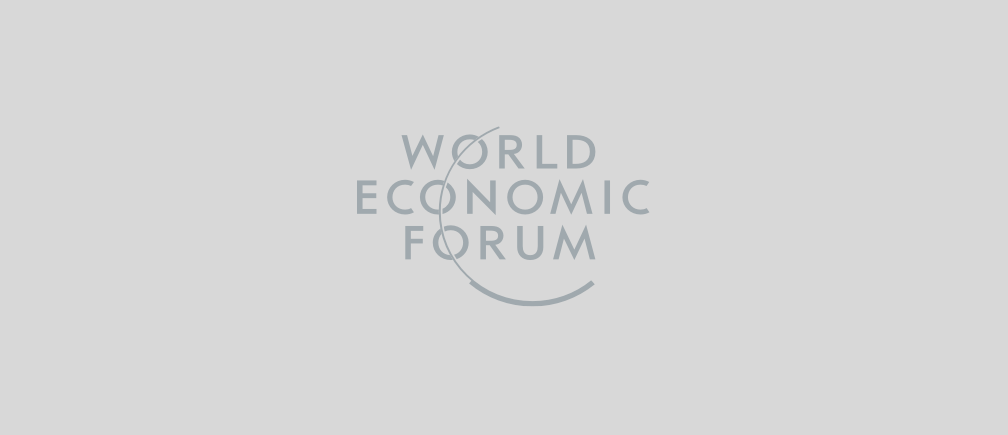The COVID-19 crisis is an opportunity to reorient how we serve the financially underserved. As the economic divide grows between developed and developing markets, so do the opportunities for learning from one another.
While emerging markets still lag behind on financial inclusion, they are often in a position to jump ahead and offer more fit-for-purpose and cost-efficient solutions.
The COVID-19 crisis is an opportunity to reorient how we serve the financially underserved. The challenges for developed and developing countries are more similar than we think.
This is an era where globalization has been called into question and nationalism has roared back to centre stage in political theatre. But the COVID-19 pandemic has revealed one glaring area of global convergence: No matter where they are, workers and small businesses lack the safety net and financial tools that could support public health measures and lessen the blow of an economic shock.
Whether they live in sprawling, densely-populated cities in the developing world or the declining factory towns of the United States, the twin shocks of a health crisis and economic lockdown are impacting financially vulnerable households disproportionately.
COVID-19 presents an incredible threat to life and livelihoods, but this disruption offers an opportunity to rethink and rebuild our economic and financial systems. It could be a catalyst for the global community to break down the gap between developed and developing nationsand to learn about the most effective approaches to creating resilient communities and economies that work for all in every location. Income volatility: a converging problem
Economic instability and vulnerability to shocks was a defining feature of the pre-COVID-19 economy for poor households across the world. In his recent Aspen Institute report “ The Great Convergence ,” financial inclusion expert Tim Ogden notes that income volatility in the US looks similar to what studies of financial diaries have found in South Africa, Bangladesh, Ghana, and many other countries. “It turns out that the lower half of the US labour market looks a lot like informal economies: uncertain hours, few benefits, limited tenure, and near zero mobility or wage gains.”
It has been widely reported that 40% of Americans don’t have savings they would use to cover a $400 emergency expense. Analysis by Ogden’s colleagues at the NYU Financial Access Initiative demonstrated that this is a global phenomenon: Prior to COVID-19, more than 70% of the poorest households in countries as diverse as Uganda, […]
